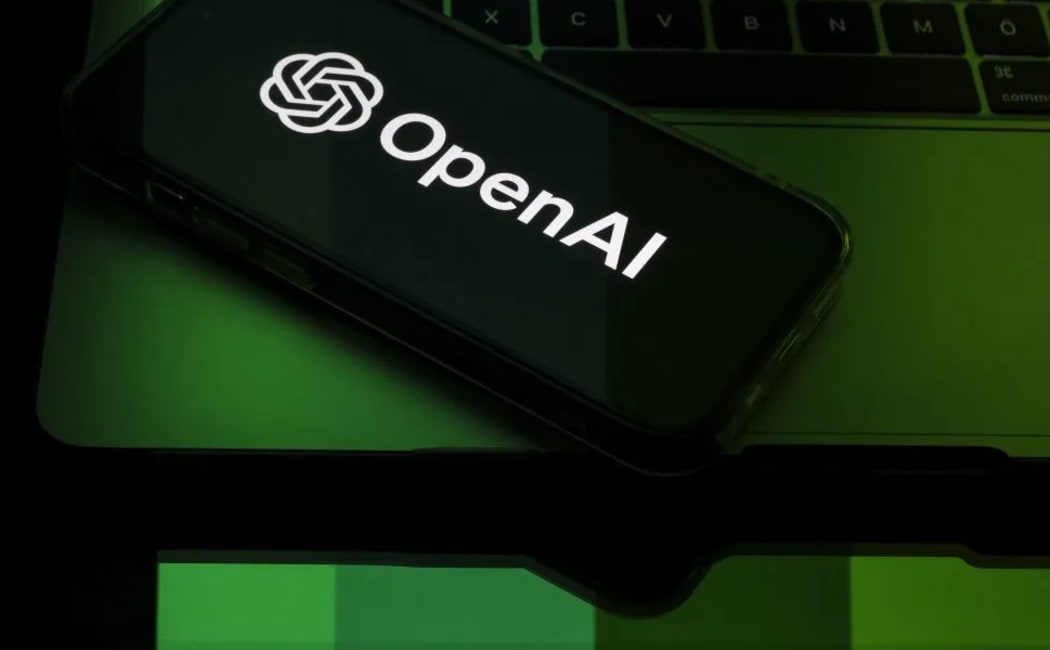OpenAI Leak Suggests ChatGPT Agent Could Soon Control Your Browser

OpenAI Leak Suggests ChatGPT Agent Could Soon Control Your Browser
The tech world is buzzing with excitement after a recent OpenAI leak hinted that the company may be preparing to launch an AI-powered browser. This new development suggests that the popular ChatGPT Agent could soon gain the ability to directly manage and control your web browsing experience. From opening and closing tabs to filling out forms automatically, the update could significantly change how people interact with the internet.
Hidden Settings Point to a New Browser
According to the leaked details, a hidden toggle has been discovered in the Agent settings. This option allows users to choose between using a cloud-based browser or a native browser integrated into OpenAI’s own application. If implemented, this feature would allow ChatGPT to seamlessly guide users through websites, almost like having a personal digital assistant handling tasks in real time.
Currently, Agent mode operates remotely. It uses a Linux system hosted on Microsoft Azure to simulate browsing, relying on screenshots and click-based interactions. While this setup has worked so far, it has its limitations, including speed and responsiveness. The new leak indicates that OpenAI is working on a more direct solution that could eliminate these restrictions and make browsing much faster and more intuitive.
Closer Integration With OpenAI’s Browser
The leaked code reveals references to a “Use cloud browser” option along with a special trigger designed for macOS users. This suggests that OpenAI may be building its own dedicated browser for tighter integration with ChatGPT. If this proves true, users could soon experience a completely new way of browsing where the AI is directly embedded in the browsing experience, instead of running as a separate tool.
Such a move aligns with earlier rumors that OpenAI has been planning to develop a Chromium-based browser. Much like Google Chrome, it would support standard browsing functions, but with an added layer of AI assistance. By integrating ChatGPT into the browser itself, OpenAI could deliver a more personalized and interactive experience that streamlines common tasks such as research, shopping, and productivity.
A Potential Rival to Google Chrome
If OpenAI does release its own browser, it could directly compete with Google Chrome, which currently dominates the browser market. Unlike Chrome, which offers add-ons and extensions, OpenAI’s browser could come with built-in AI-driven features. For instance, users could simply ask the AI to find information, summarize long pages, compare products, or even draft emails while browsing—all without needing separate plugins or manual input.
By combining browsing and AI in one place, OpenAI could create a unique ecosystem where productivity and efficiency are the main focus. However, such deep integration also raises important questions about privacy and control.
Speed and Efficiency With a Local Agent
One of the most exciting aspects of this leak is the possibility of running a local Agent. Unlike the current cloud-based model, a local Agent would be able to interact with the browser directly on a user’s computer. This would reduce latency, remove dependence on cloud servers, and offer a smoother experience when handling everyday tasks such as auto-filling forms, navigating web apps, or even managing multiple tabs simultaneously.
For example, instead of waiting for cloud servers to process a request, the local Agent could instantly carry out commands like, “Open three news tabs about AI,” or “Fill out this registration form with my details.” This type of functionality would not only save time but also make the browsing process more natural and conversational.
Concerns About Privacy and Security
While the idea of an AI-powered browser sounds revolutionary, it naturally raises concerns about privacy and security. If ChatGPT gains deeper access to browser data, questions arise: Will it have the ability to read personal emails? Could it access sensitive banking information? And most importantly, what safeguards will OpenAI implement to ensure user data remains private?
Privacy experts argue that while AI integration could make browsing more convenient, strict transparency and permission-based controls must be enforced. Users should always have the ability to decide which websites or actions the AI can access. Without these protections, an AI browser could be seen as intrusive rather than helpful.
Implications for the Future of Browsing
This potential browser project highlights a larger trend in the tech industry: the merging of AI and daily digital tasks. OpenAI is not the first company to explore AI-assisted browsing, but its massive success with ChatGPT gives it a significant advantage. Millions of users are already comfortable interacting with ChatGPT, making it easier for OpenAI to extend the same experience into web browsing.
Imagine being able to say, “Find me the latest reviews of the iPhone 17 Pro,” and having the AI not only fetch the results but also summarize key points across multiple sources. Or picture the AI managing your shopping cart, comparing product prices, and suggesting better deals—all within seconds. These possibilities could redefine how people interact with the web on a daily basis.
Final Thoughts
The OpenAI browser leak suggests that the company is preparing to make a bold move into the world of web browsing. By combining ChatGPT’s conversational intelligence with a powerful browsing tool, OpenAI could provide users with an entirely new way to navigate the internet. From dual browsing modes (cloud and local) to AI-assisted task automation, the upcoming tool could become a serious alternative to Chrome and other major browsers.
Of course, with innovation comes responsibility. OpenAI will need to ensure that its AI-driven browser protects user data and respects privacy. If these concerns are addressed, the ChatGPT-powered browser could become one of the most significant tech launches of 2026, potentially reshaping the relationship between humans, AI, and the internet.
